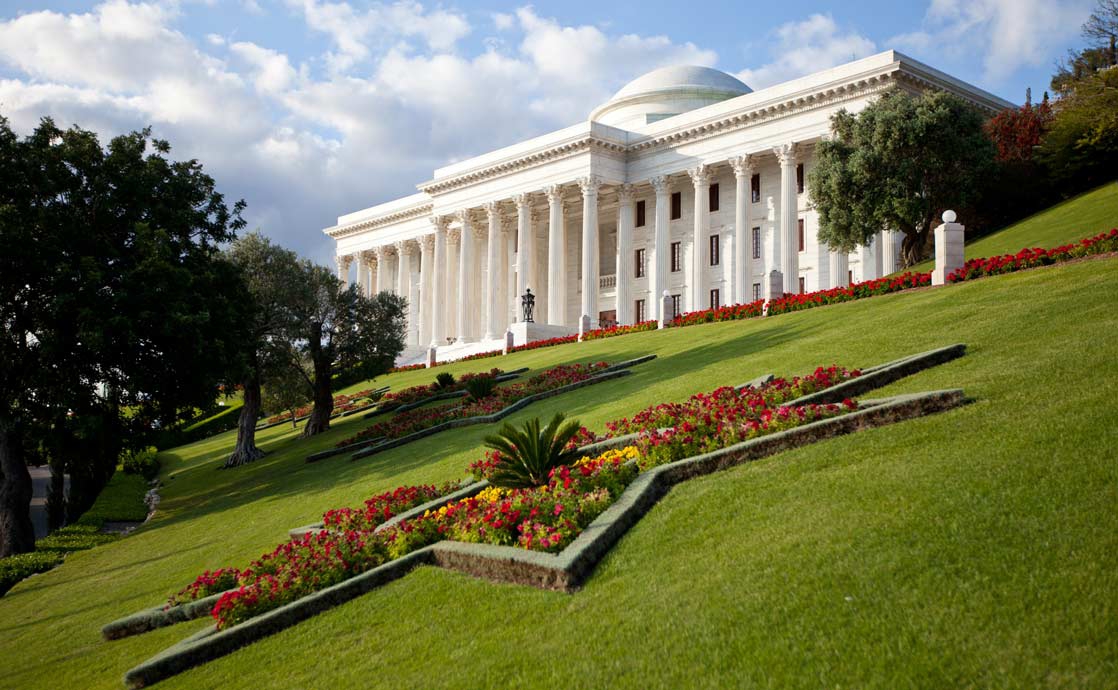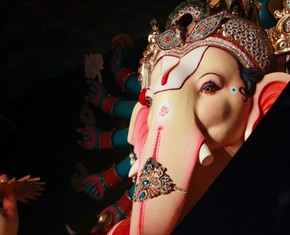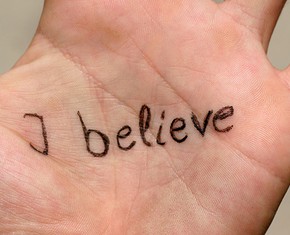The views expressed in our content reflect individual perspectives and do not represent the authoritative views of the Baha'i Faith.
Imagine this — what if the world had a universal governing council, democratically elected, whose only mandate was to guide humanity towards oneness, peace, and global renewal?
What if such a body, commissioned to rise above partisanship, indeed above the limited advantages of individual nation-states, considered thoughtfully the needs of all the world’s peoples?
What if this council’s members were chosen exclusively because of their capacity to serve, and not due to their power or fame or their desire for either?
Wait, how about this? Let’s dispense with nominations, any sort of advantage for the rich or fundraising of any sort, narrowly-based constituencies a candidate must favor, and the whole corrupt political road-show of unfulfilled promises, mud-slinging, slandered opponents, and vote for me! What do you think? Which is stronger in your mind – the appeal of this flight of fancy, or its seemingly utopian impossibility?
I have news: In truth, you don’t need to use your imagination. Such an institution is no mere dream. Did you know that a Universal House of Justice now exists in the world? The global Baha’i community has brought about the first democratically-elected planetary governing body. The Baha’i writings say:
O people of God! That which traineth the world is Justice, for it is upheld by two pillars, reward and punishment. These two pillars are the sources of life to the world. Inasmuch as for each day there is a new problem and for every problem an expedient solution, such affairs should be referred to the Ministers of the House of Justice that they may act according to the needs and requirements of the time.
The Universal House of Justice was originally conceived by and came about because of the teachings of the 19th century Persian nobleman, Baha’u’llah, who was stripped of his social position and exiled far from his homeland. Why? For championing the renewal of religion, a new age of human prosperity, and the oneness of humankind. If you’ve heard of the Baha’i Faith and its principles, Baha’u’llah is their author.
After steady worldwide growth in its numbers and capacity, the global Baha’i community first elected its supreme institution, the Universal House of Justice, in 1963. That remarkable election — the first-ever democratic global process — happened completely free of campaigning or ambition.
The electors, themselves chosen in a series of prayerful, conscientious procedures, privately vote every five years for those whom they feel have the best capacity and wisdom to serve. There are no nominations. There is no campaigning. There is no slate of candidates. Those who vote simply and silently choose the names of nine people who they think best fit the requirements. Their selection is based on assessments of the maturity, cooperative ability, mental strength, loyalty, and selflessness of an individual. Not fame. Not good hair. Not vaulting ambition. Not wealth or privilege or lobbying or a telegenic smile.
The difference between this process and the national political elections we’ve become most familiar with — which the Baha’i writings describe as “lamentably defective” — is as wide as your favorite ocean. Two particular qualities mark the distinctiveness of the Universal House of Justice from any other prominent governing body in the world. One is that most Baha’is in the world, I suspect, couldn’t even name a member of the Universal House of Justice, such is its character and the nature of its elections. (I think I could name three, tops.) Second, and perhaps most important, not only are Baha’i communities everywhere in the world amazingly responsive to its requests, but they also love the institution of the House of Justice.So now you know a little about this unparalleled system of governance, one that I’ve been mildly obsessing over and immoderately enthusing about for most of my life. Now, if you’ve never even heard of the Universal House of Justice, or barely have, don’t feel bad. This governing body doesn’t tout or trumpet its accomplishments. Besides, with some astounding exceptions (such as The Promise of World Peace, its 1985 letter to the peoples of the world), most of its communications are addressed to the worldwide Baha’i community, and in a human sea of over seven billion, so far Baha’is are only about one human in a thousand.
You May Also Like
Comments

















"...as wide as your favorite
ocean.", lol.